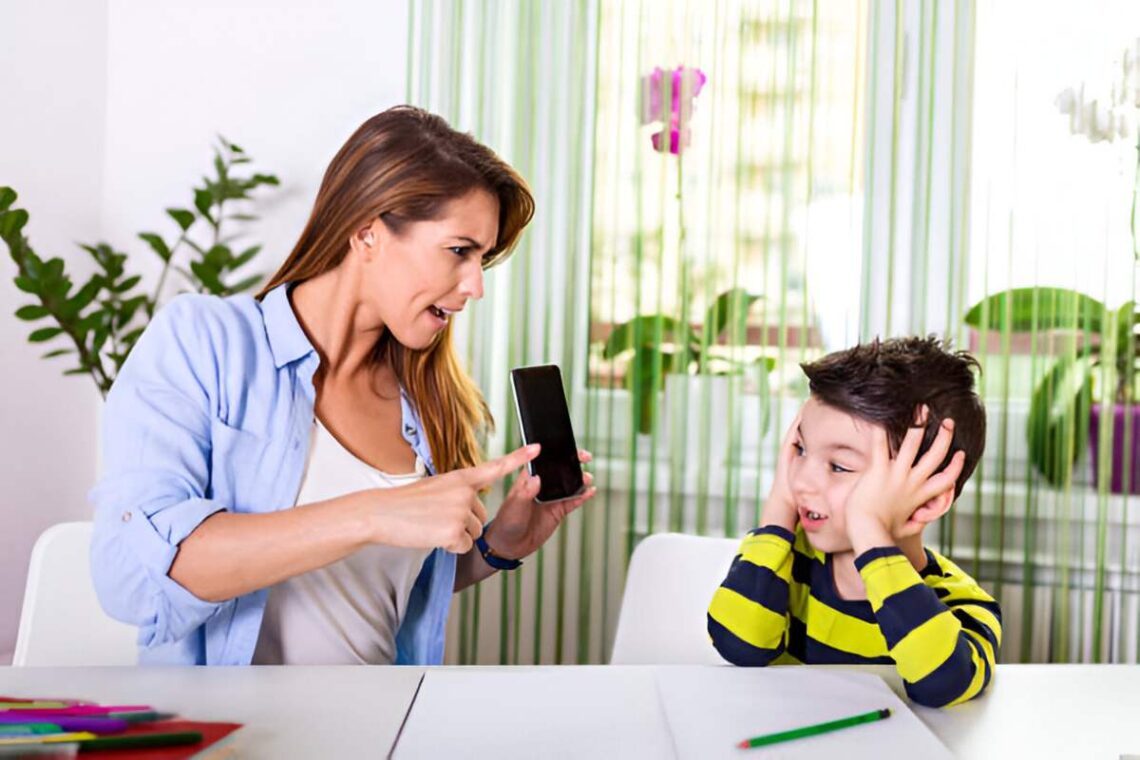How to Deal With Teachers That Take Your Personal Items Away
Can A Teacher Take Your Phone – Teachers may sometimes take your phone or other item away from you if they think it is distracting you or other students in your class. This is often within their power, but usually only for the duration of the class or for the rest of the day. By learning the rules at your school, you can make sure you don’t violate them. Also, make sure your property isn’t taken or searched in violation of your rights.
How do I legally keep my teachers from taking my phone?
1.) Put the phone down, because this one’s going to take a while – but when done properly, it definitely works.
2.) Graduate from middle school.
3.) Graduate from high school.
4.) Take the SAT/ACT.
5.) Apply to undergraduate programs at an accredited college/university.
6.) Graduate with a Bachelors degree.
7.) Take the LSAT.
8.) Apply to JD programs at an accredited U.S. law school.
9.) Graduate with your J.D.
10.) Pass your state’s bar exam to become a licensed lawyer.
11.) File for an injunction in district court, petitioning the judge to issue an order prohibiting the teacher from taking your phone.
What are the school’s current rules regarding phones?
Typically, state law allows the governing body of a school district, such as your local school board, to establish school policies regarding the possession and use of cell phones by students on school premises. Schools take different approaches, which can make it difficult to know for sure what a particular school’s cell phone policy is.
Do students’ rights include the legal right to use mobile phones at school?
Just because school officials can momentarily take your phone does not mean they have the right to use it. Moreover, United States Supreme Court Justice Abe Fortas wrote in 1969 that “students do not give up their constitutional rights at the schoolhouse gate.”
Additionally, the Fourth Alteration prohibits unreasonable searches and seizures of personal property. Students like you expect privacy for their personal belongings. The American Civil Liberties Union says students’ property includes their cell phones. However, the legal standard used to determine when a search is lawful does not always apply to students. So don’t take any chances.
Generally, to make a search lawful, a judge will only issue a search warrant if there is something called probable cause. This means the police will need to argue that they need to look at your phone to solve a crime. However, Supreme Court ruled that special circumstances sometimes exist in public schools, making the probable cause requirement and search warrants un-necessary.
So, while you recall some rights to privacy at school, if your school has reasonable suspicion that you are violating school rules with your phone, it may have the right to search it — or punish you if you trash to unlock it. If you attend a private school, your school may have more freedom to search your phone than a public school.
If you’re not sure what your school’s rules are regarding cell phones during school hours or on school property, check your student hand book or code of conduct. Most importantly, if a responsible person tells you to put your phone away, listen to them.
Conclusion
In summary, while teachers generally have the right to take a student’s phone if it is being used inappropriately, this authority comes with responsibilities. Clear communication, respect for student privacy, and the use of alternative strategies can help create a positive and productive learning environment. By working together, teachers, students, and parents can find a balance that allows for the effective use of technology in the classroom while minimizing distractions.
Helpful Resources:
abogados en colorado springs
323 ipc
girls marriage age in india
quid pro quo harassment
divorce lawyer near me
wrongful termination lawyer
car crash lawyer
disability lawyers near me
how to drive without a license
disability attorney
medical malpractice attorneys

